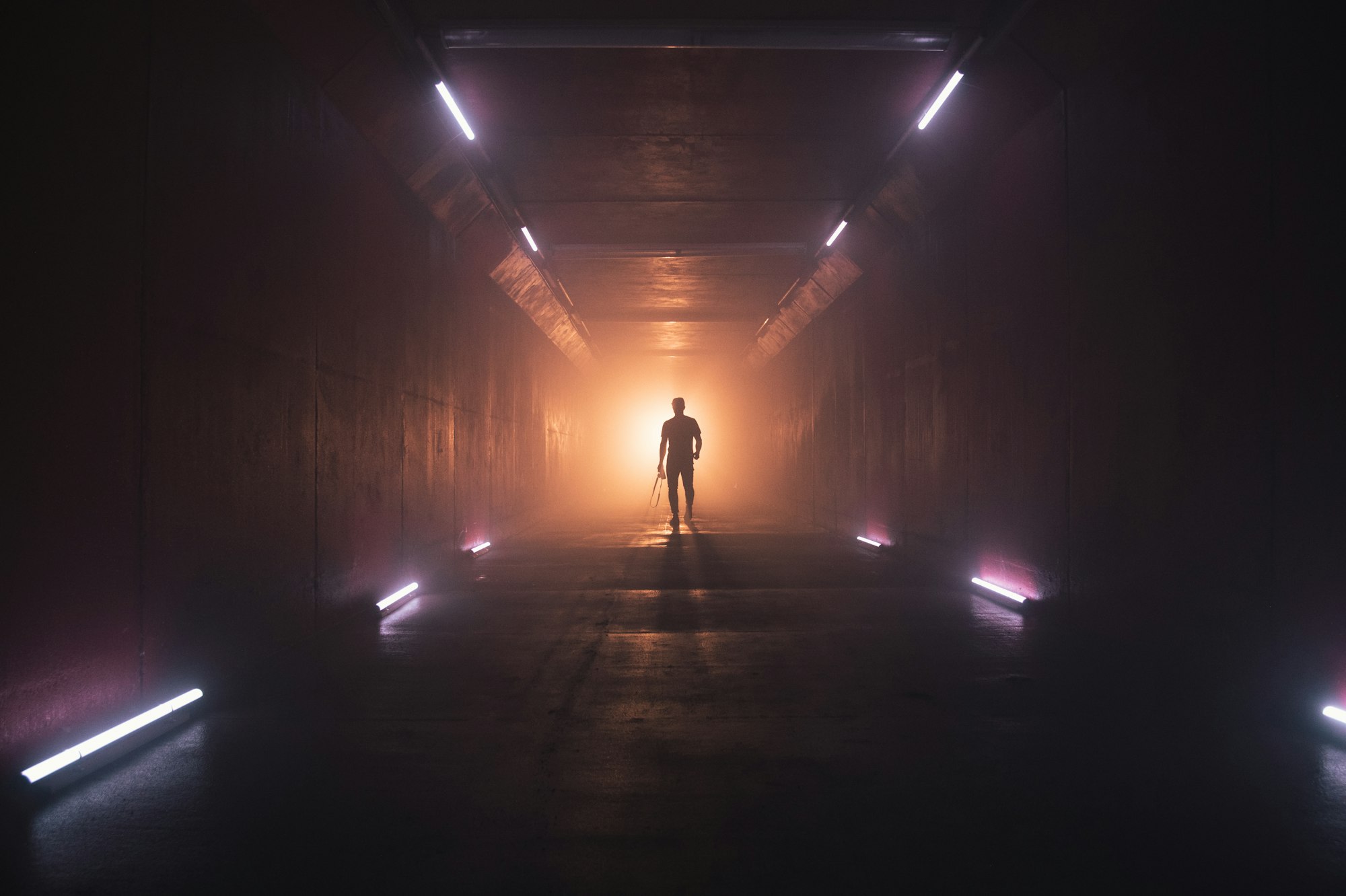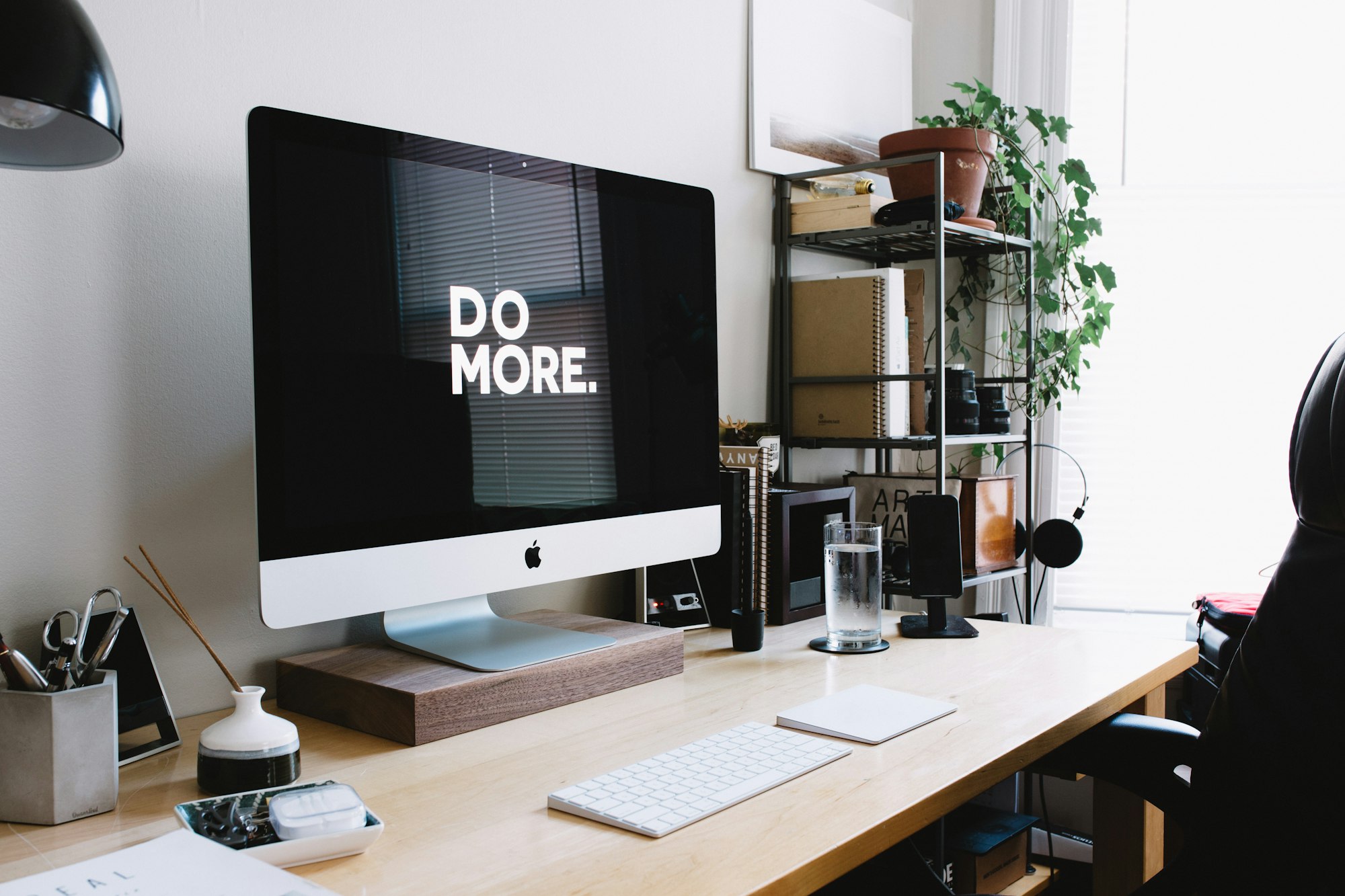It can be difficult to stay up-to-date on current events when you only read the news that is presented in your social media feed. This problem becomes even worse if you are following people with different views than yours because then it's easy for them to share information that reinforces their beliefs while simultaneously ignoring anything that contradicts those beliefs.
What does "echo chamber" mean?
An echo chamber means that we as users only see and hear things we already agree with, which can prevent us from questioning information or even realizing there could be other perspectives out there to consider. This makes it difficult for us to separate the real news from fake because everyone is sharing misinformation, which means we might never get the full story.
The result of this echo chamber is a filter bubble where everyone living inside has an increasingly narrow view of reality, and no one will ever know the truth because they're too busy arguing about what they think it might be.
It is said that the problem with echo chambers is not that they are wrong. The problem is that they are too convincing. That when you live in an echo chamber, it's hard to see beyond what you already know. When we talk about this issue, the tendency becomes to either blame or defend echo chambers. But there are plenty of people who have been trying to figure out how to make them less problematic for a long time now. One solution might be by creating different types of spaces where people can come together and interact without being in total agreement on every topic -- but even then, disagreements will happen!
“We get sucked into microcosms and echo chambers - tunnels of reciprocated thought that lead us to false impressions of the world.”
"Epistemic bubbles" Vs. "Echo chambers"
When insiders aren't exposed to people on the other side, they create an epistemic bubble.
When insiders begin to distrust everyone on the outside, they create an echo chamber.
A social media feed may form an epistemic bubble. A person in an epistemic bubble gets all their news and political arguments from Facebook and their friends all agree with them. They only hear arguments and evidence from their political party. They never hear the opposing viewpoint.
An echo chamber makes its members distrust anyone outside of it. So an insider's trust in other insiders can grow unchecked.
In their 2008 book “The Echo Chamber,” Kathleen Hall Jamieson and Joseph Cappella examined the right-wing media echo chamber.
They claimed Rush Limbaugh and Fox News systematically manipulated their fans' trust. Limbaugh portrayed the world as a battle between good and evil. Those on Limbaugh's side were reliable. Outsiders were malicious and untrustworthy.
In that sense, an echo chamber is a cult.
To be isolated in an echo chamber, one must first change one's trust. And they're not just for the right. In parenting, nutrition, and even exercise forums, I've seen echo chambers on the left.
Nobody can hear outside an epistemic bubble. An echo chamber discredits outside voices.
How do social media sites spread information?
People have been sharing stories on the Internet for a long time now, and there are certainly plenty of people who click "share" without reading or even skimming what they're posting. But as more news outlets move their content online, this problem has only become worse because now everyone is competing to get the most clicks and shares, which has led to the spread of misinformation.
The problem is that social media sites are now rewarding people for getting others' attention by using tricks like clickbait or sensationalist headlines designed to make them want to share a story even if they haven't read it yet. This makes it difficult for us as users to separate the real news from the fake.
What can we do to prevent living inside an echo chamber?
The problem with echo chambers is that it's easy for some points of view to become so distorted and amplified online while other perspectives are ignored or even silenced completely.
Keeping away from echo chambers
Although there is no foolproof way to avoid echo chambers, there are a few pointers that can help you stay on track.
- The best way to avoid this is by becoming a critical thinker, which means learning how to question the information we encounter and make decisions for ourselves.
- The other thing that can help is by becoming more aware of our behaviors online, like how much time we spend reading or sharing news stories on social media sites -- because if there's anything worse than living inside an echo chamber, it's being trapped in one you don't even realize you're inside of.
- Make it a habit to check multiple news sources to ensure you're getting accurate and complete information.
- Interact with people from a variety of backgrounds, and be sure to discuss new ideas with facts, patience, and respect.
- It's important to remember that just because you want something to be true, it doesn't mean it is.
Is living in echo chambers a problem?
Absolutely! It's not that people's social media feeds are set up to avoid scientific arguments; it's that they've grown to distrust science's institutions. Social media sites have made it so easy to share stories with friends, family, and even strangers that there is no incentive for users to check if the information they are sharing is true or not -- which means people can easily be tricked into believing things that aren't real.
This is a mirror. Empirical echo chambers outlast epistemic bubbles. Members of the echo chamber were ready for opposition. Their echo-chambered worldview has been set up to ignore that evidence.
They aren't completely irrational. With scientific specialization comes the necessity of relying on doctors, statisticians, biologists, and nuclear and aeronautical engineers for day-to-day tasks. And they can't always tell if they've put their trust in the right place.
Another problem is that when we surround ourselves with like-minded people, it becomes easier to ignore the opposition and only focus on what we already know. This makes it difficult for us as users to question information or see beyond our perspective because everyone seems to agree with everything. The result of living inside an echo chamber is a "filter bubble" where everyone inside has an increasingly narrow view of reality, and no one will ever know the truth because they're too busy arguing about what they think it might be. An echo-chamber member distrusts the sources. Their trust has been redirected and confined.
To break someone out of an echo chamber, trust must be rebuilt. And that's not as easy as popping a bubble.
What does "living inside the echo chamber" mean?
Living inside the echo chamber means that we as users believe our social media feeds and news articles are giving us a neutral perspective of reality when they're just reinforcing what we already know. This is because everyone on those networks has similar views about politics or religion, so it becomes easy for them to be tricked into believing things that aren't real and to ignore any opposing perspective.
Echo chambers on the internet
Echo chambers can occur in any situation where information is exchanged, whether online or in person. However, thanks to social media and a plethora of news sources, almost anyone can quickly find like-minded people and perspectives on the Internet. As a result, echo chambers have become far more common and easy to fall into.
What does "filter bubble" mean?
A filter bubble is a special type of echo chamber found on the Internet. Algorithms that keep track of what you click on create filter bubbles. The algorithms will then be used by websites to show you content that is similar to what you've already expressed an interest in. This can make it difficult to find new ideas and perspectives on the internet.
A filter bubble is when we surround ourselves with like-minded people, which means it becomes easier for us as users to only see the things we already agree on and ignore anything else. This makes it difficult for us to question information or even realize our perspective is limited.
Identifying echo chambers
Echo chambers can be difficult to spot, especially if you're inside one. If you're ever unsure whether a social group or website is an echo chamber, consider the following:
- Do they usually only present one side of a story?
- Is rumor or inconclusive evidence primarily supporting that point of view?
- Are facts disregarded when they contradict a particular point of view?
You may have stumbled upon an echo chamber if you answered yes to any of these questions.
Conclusion
The content that we consume daily is tailored to what we like and dislike. We tend to read, watch, or listen to things that affirm our beliefs. This means the news you see might be different than the news I see. The same goes for social media: some of your friends may not share your political views and vice versa. It's important to stay aware of this so we can prevent ourselves from living in an echo chamber where only one point of view is heard over and over again. To break free from these self-imposed filters, it's helpful if people try listening more actively instead of passively consuming information by reading posts with which they disagree or watching videos with opposing viewpoints without comment - even if they don't agree. You don't have to change your opinions or adopt an entirely different mindset, but actively listening with empathy can help you understand where others are coming from.
Vocabularies you may need to know
What is "online news"?
Online news is when media outlets move their content to social networks or websites so that people can access it through a computer or mobile device instead of in print. This makes it easier for us as users to share stories with friends and family even if we haven't read them yet.
What is "fake news"?
Fake news stories are designed to trick people into believing they're real, which means it's difficult for us as users to separate the real from fake because everyone shares misinformation online. This makes it easy for points of view that aren't accurate or neutral to become amplified while other perspectives are ignored or even silenced completely.
What are "social media sites"?
Social media sites are websites like Facebook where users create profiles and share information with other people, which means it's easy for us to access online news through these platforms instead of in print. This makes it so there isn't any incentive for us as users to check if the information we're sharing is true or not.
What does "neutral perspective" mean?
A neutral perspective means that media outlets should present information without a point of view, which would make it easier for us as users to separate the real news from fake and be able to think critically about what we read online. This makes it possible for people with different backgrounds and perspectives to share information, which means everyone can see different points of view.
What is "political perspective"?
A political perspective means that social media outlets present news from a particular point of view or even an agenda, which makes it easy for us as users to only consider the views we already agree with when sharing online content. This makes it difficult for us to question information or even realize our perspective is limited, which means we might never get the full story because there's no room for other perspectives to be considered.
What does "agree with" mean?
To agree with something means that you approve of an opinion or idea without any opposition, which would make it easier for us as users to surround ourselves with like-minded people. This makes it so there isn't any incentive for us as users to check if the information we're sharing is true or not, which means everyone shares misinformation online that can become amplified while other perspectives are ignored or silenced completely.
What does "political agenda" mean?
A political agenda means that media outlets have a particular point of view or try to convince the audience about something, which makes it so there isn't any incentive for us as users to check if the information we're sharing is true or not. This makes it difficult for people with different backgrounds and perspectives to share information, which means everyone can see different points of view.
What is "personal perspective"?
A personal perspective means your own opinion about something based on what you know and feel like when thinking critically, which would make it so there isn't any incentive for us as users to check if the information we're sharing is true or not. This makes it so there isn't any room for other perspectives because everyone shares misinformation online, which means it's difficult for us as users to separate the real from fake and be able to think critically about what we read online.
What does "critical thinking" mean?
Critical thinking means being able to think critically about an issue or problem, which would make it so there isn't any incentive for us as users to check if the information we're sharing is true or not. This makes it difficult for people with different backgrounds and perspectives to share information, which means everyone can see different points of view.
What is "information"?
Information means facts, ideas, or instructions that are given to someone so they know what something is about without being able to see it for themselves, which makes it easy for us as users to surround ourselves with like-minded people instead of seeing the other side. This makes it difficult for us as users to separate the real from the fake and be able to think critically about what we read online.
What does "like-minded" mean?
To be like-minded means that you share similar opinions, ideas, or beliefs with someone else, which would make it so there isn't any room for other perspectives because everyone shares misinformation online instead of seeing the other side. This makes it so there isn't any incentive for us as users to check if the information we're sharing is true or not and separates what is real from fake, which means everyone sees different points of view.
What does "media outlets" mean?
Media outlets are companies that provide news to the public, which would make it so there isn't any incentive for us as users to check if the information we're sharing is true or not. This makes it difficult for people with different backgrounds and perspectives to share their ideas because everyone can see different points of view, making it impossible for our society to be able to think critically about the information we receive.
What does "opinion" mean?
An opinion is a judgment, evaluation, or appraisal of something based on feelings and beliefs in general rather than facts, which would make it so there isn't any room for other perspectives because everyone shares misinformation online instead of seeing the other side. This makes it so there isn't any incentive for us as users to check if the information we're sharing is true or not and separates what is real from fake, which means everyone sees different points of view.
Further Reading












